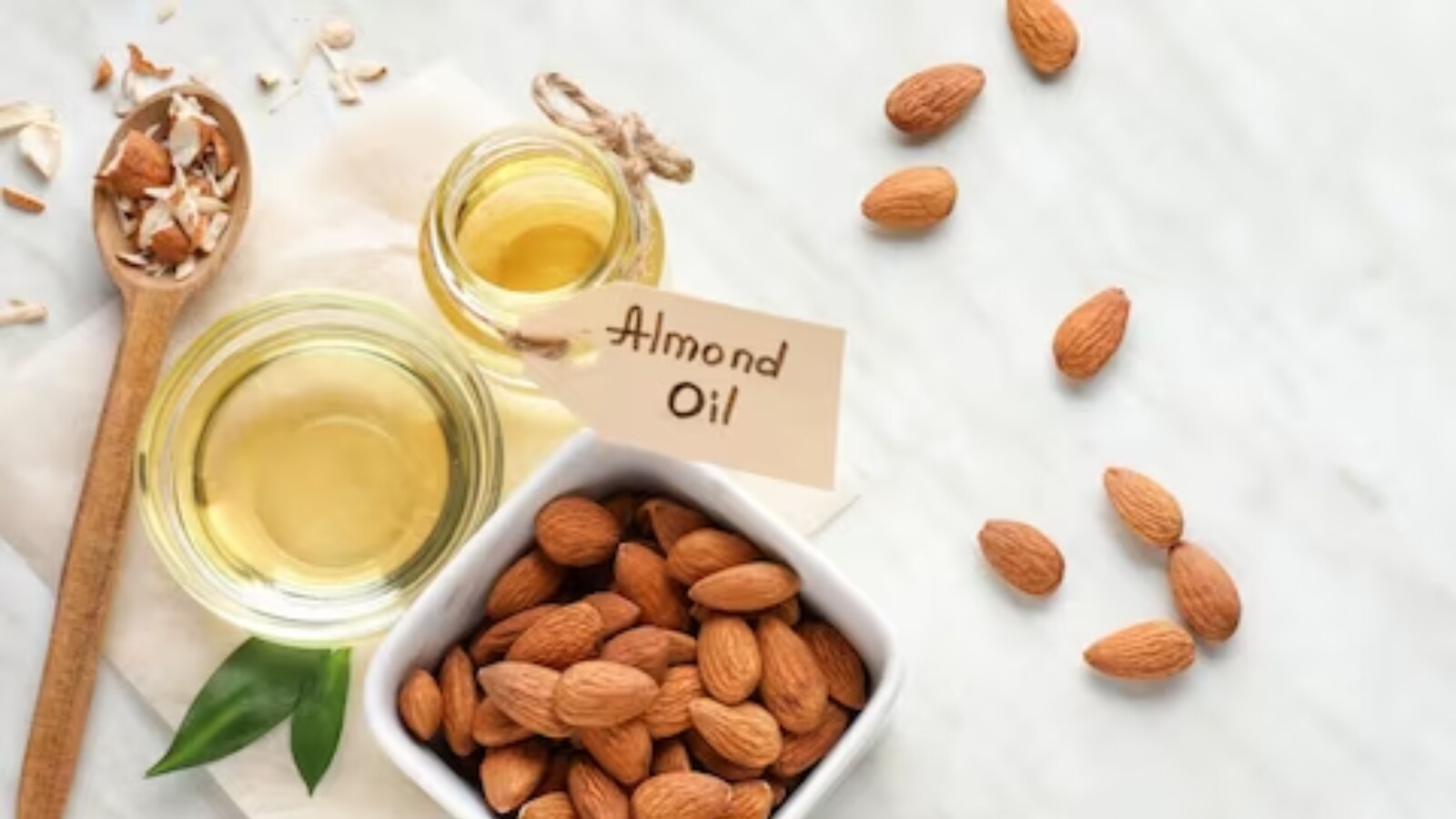Key Nutrients For Maintaining Good Eye Health; Foods To Eat For Good Vision
Last Updated: February 28, 2023, 16:14 IST

In addition to these key nutrients, it is also important to maintain a healthy diet that is balanced by including fruits, vegetables, whole grains, lean protein, and healthy fats.
A diet that is high in processed foods, saturated fats, and added sugars can increase the risk of obesity, diabetes, and other chronic health conditions that can also affect eye health.
Good nutrition is essential for maintaining good health and well-being. This is also true when it comes to eye health. Eyes are complex organs that require a range of nutrients to function correctly. A diet that is lacking in key vitamins and minerals can lead to a wide range of eye-related problems, including vision loss and other serious conditions. So, we must protect our eyes by consuming healthy food. Here are some of the key nutrients that are important for maintaining good eye health:
- Vitamin A: It is essential for maintaining healthy eyesight, and it is particularly important for night vision. This vitamin helps the retina to absorb light and convert it into electrical signals that are sent to the brain, enabling people to see in low light conditions. Good sources of Vitamin A include eggs, milk, and dark leafy greens.
- Vitamin C: Vitamin C is an antioxidant that helps to protect the eyes from damage caused by free radicals. It is also important for maintaining the health of the blood vessels in the eyes. Good sources of Vitamin C include citrus fruits, strawberries, kiwi, bell peppers, and broccoli.
- Vitamin E: It is another antioxidant that helps to protect the eyes from damage caused by free radicals. Vitamin E may also help prevent age-related eye issues. Good sources of Vitamin E include nuts, seeds, vegetable oils, and wheat germ.
- Zinc: This mineral is important for maintaining the health of the retina and is also important for the production of melanin. It helps to protect the eyes from the harmful effects of ultraviolet (UV) light. Good sources of zinc include oysters, poultry, beef, pork, beans, and nuts.
- Omega-3 fatty acids: These acids are important for maintaining the health of the cells that make up the eyes. Much like Vitamin E, they may also help to reduce the risk of age-related macular degeneration (AMD). Good sources of omega-3 fatty acids include fatty fish such as salmon, mackerel, and sardines, as well as walnuts and flaxseeds.
- Lutein and zeaxanthin: Lutein and zeaxanthin are two carotenoids that are important for maintaining eye health. These nutrients act as antioxidants and help to protect the eyes from damage caused by free radicals and UV light. Good sources of lutein and zeaxanthin include dark leafy greens, such as spinach and kale, as well as egg yolks and corn.
In addition to these key nutrients, it is also important to maintain a healthy diet that is balanced by including fruits, vegetables, whole grains, lean protein, and healthy fats. A diet that is high in processed foods, saturated fats, and added sugars can increase the risk of obesity, diabetes, and other chronic health conditions that can also affect eye health.
Here are also a few lifestyle factors that can help to maintain good eye health which includes:
- Protecting eyes from UV light: Wear sunglasses that provide 100 percent UV protection whenever you are outdoors. Wear a hat or visor to shade your eyes from the sun.
- Quit smoking: Smoking increases the risk of many eye-related problems, including cataracts, AMD, and optic nerve damage.
- Get regular eye check-ups: Regular eye check-ups can help to detect eye-related problems early. Adults should have a comprehensive eye exam at least once every two years, or more often if they have a history of eye problems or other risk factors.
Read all the Latest Lifestyle News here
For all the latest lifestyle News Click Here

